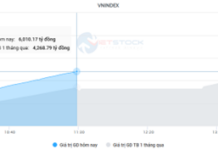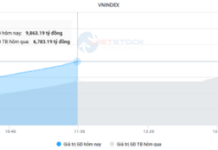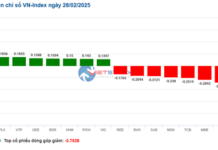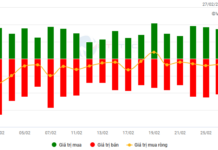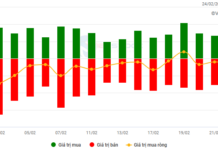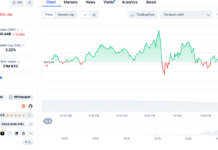Shaping the Future of Industrial Parks: Embracing the Power of Technology
Tesla’s factory robots seamlessly assemble vehicles with precision, enhancing production efficiency and reducing costs. General Electric’s factories employ AI and Big Data technologies to monitor and analyze machine performance, minimizing downtime and optimizing operations. Siemens’ industrial solutions utilize IoT, offering efficient tracking and adjustments in the manufacturing process, thereby improving product quality and reducing waste. The Kalundborg Eco-Industrial Park in Denmark showcases a natural, circular ecosystem, fostering sustainability.
These glimpses into smart factories and industrial parks reveal the transformative power of the Fourth Industrial Revolution. Key technologies, including Big Data, AI, IoT, and Edge Computing, are at the core of this digital revolution, known as Industry 4.0.
Traditional industrial parks face challenges such as high energy consumption, environmental pollution, poor data management, and inefficient waste and resource management, leading to waste and pollution. However, the adoption of Industry 4.0 technologies offers a path to a more sustainable and intelligent future for industrial parks, addressing these issues.
Riding the Wave of Net Zero: A Green Transformation
Technology solutions not only solve intrinsic problems within traditional industrial parks but also enable businesses and industrial parks to embrace the global green transformation trend. More than 130 countries, including Vietnam, have pledged to achieve net-zero emissions by 2050. Policies like the EU’s Carbon Border Adjustment Mechanism (CBAM) and the US carbon draft are shaping a new “green production and export” paradigm, driving stakeholders to actively engage in the greening process.
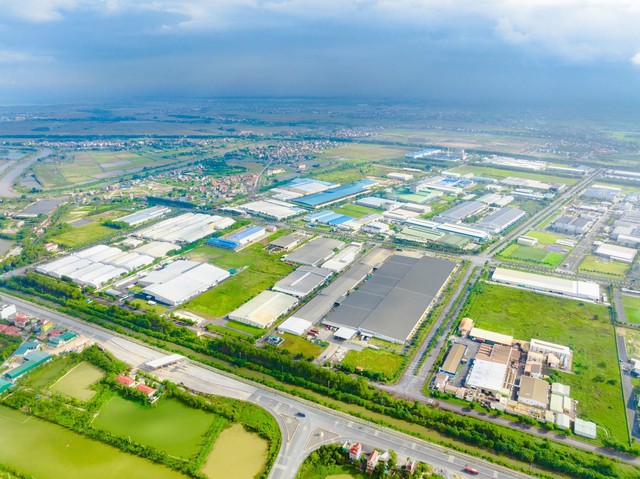
Vietnam prioritizes the development of green industrial parks to accelerate its journey towards Net Zero.
At the Vietnam Industrial Real Estate Forum 2024, experts emphasized that the digital transformation in industrial parks will drive a green transition, enhance competitiveness, attract investments, and facilitate international trade. The current market trend showcases a shift towards greening every aspect of industrial real estate, from development to operations and production. In Vietnam and other regional countries, green industrial parks, particularly those aligned with ESG (Environmental, Social, and Governance) criteria, are becoming the preferred choice for foreign investors. This trend is predicted to become the new competitive advantage, surpassing the traditional advantage of lower costs.
Collaborating for a Sustainable Future
In Vietnam, to align with the National Green Growth Strategy for 2021-2030 and the government’s commitments at COP26, traditional industrial parks need to evolve towards sustainability and meet international standards. However, the path ahead is fraught with challenges, requiring collaboration between multiple stakeholders to achieve sustainable development goals.
Viettel AI App Gifts for Customers
Viettel continues to surprise by applying artificial intelligence (AI) to product design, services, and customer experience activities. And now, they have integrated this innovative technology into their Tet gift giveaway program, with customers being able to participate by texting KM to 191.

